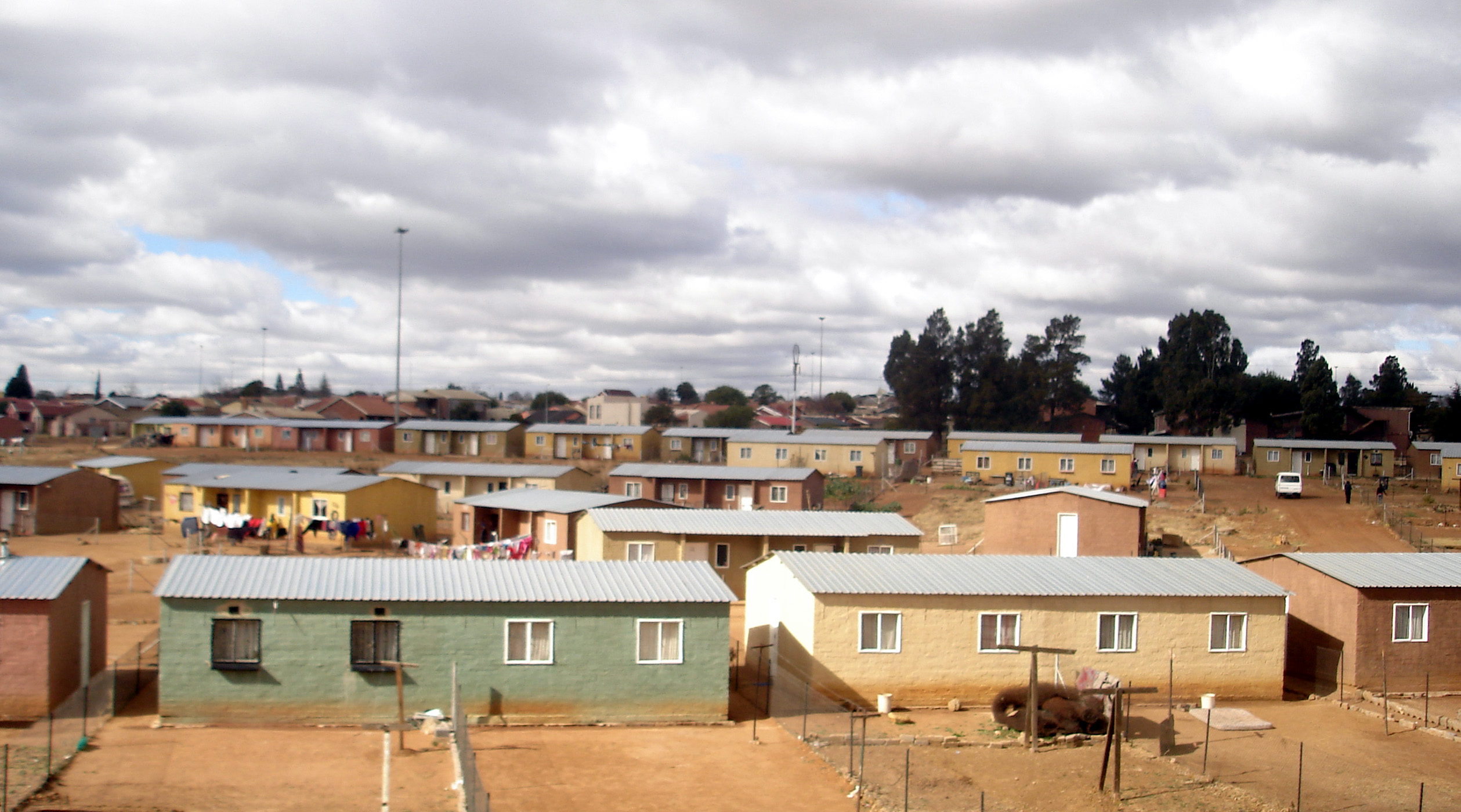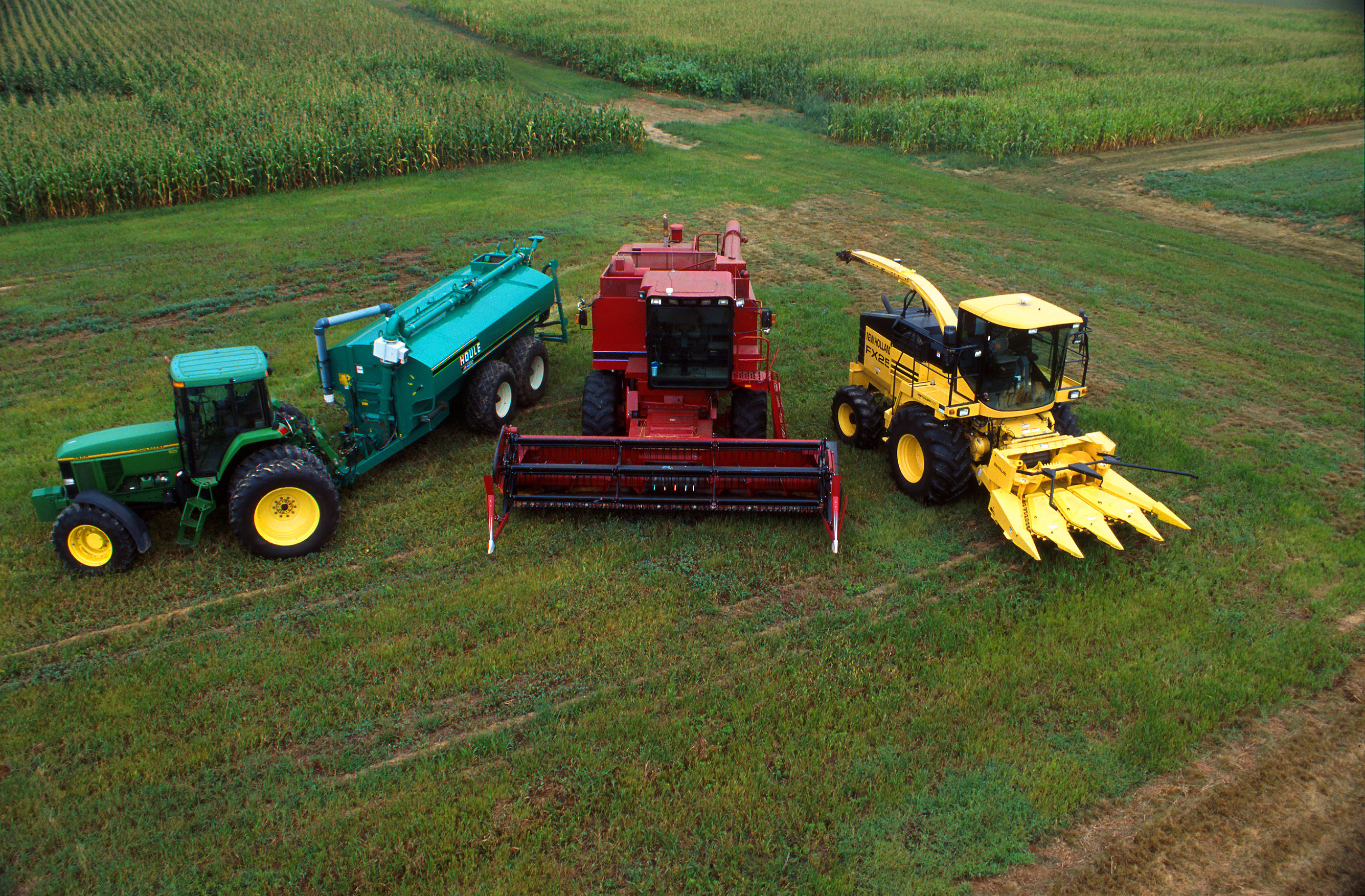|
Reconstruction And Development Programme
Reconstruction and Development Programme (RDP) was a South African socio-economic policy framework implemented by the African National Congress (ANC) government of Nelson Mandela in 1994 after months of discussions, consultations and negotiations between the ANC, its Alliance partners the Congress of South African Trade Unions and the South African Communist Party, and "mass organisations in the wider civil society".The Reconstruction and Development Programme Preface , 1994 The ANC's chief aim in developing and implementing the Reconstruction and Development Programme, was to address the immense socioeconomic problems brought about by < ... [...More Info...] [...Related Items...] OR: [Wikipedia] [Google] [Baidu] |
African National Congress
The African National Congress (ANC) is a political party in South Africa. It originated as a liberation movement known for its opposition to apartheid and has governed the country since 1994, when the 1994 South African general election, first post-apartheid election resulted in Nelson Mandela being elected as President of South Africa. Cyril Ramaphosa, the incumbent national president, has served as president of the ANC since 18 December 2017. Founded on 8 January 1912 in Bloemfontein as the South African Native National Congress, the organisation was formed to advocate for the rights of Bantu peoples of South Africa, black South Africans. When the National Party (South Africa), National Party government came to power 1948 South African general election, in 1948, the ANC's central purpose became to oppose the new government's policy of institutionalised apartheid. To this end, its methods and means of organisation shifted; its adoption of the techniques of mass politics, and ... [...More Info...] [...Related Items...] OR: [Wikipedia] [Google] [Baidu] |
Social Service
Social services are a range of public services intended to provide support and assistance towards particular groups, which commonly include the disadvantaged. Also available amachine-converted HTML They may be provided by individuals, private and independent organizations, or administered by a government agency. Social services are connected with the concept of welfare and the welfare state, as countries with large welfare programs often provide a wide range of social services. Social services are employed to address the wide range of needs of a society. Prior to industrialisation, the provision of social services was largely confined to private organisations and charities, with the extent of its coverage also limited. Social services are now generally regarded globally as a 'necessary function' of society and a mechanism through which governments may address societal issues. The provision of social services by governments is linked to the belief of Human rights, universal human rig ... [...More Info...] [...Related Items...] OR: [Wikipedia] [Google] [Baidu] |
Department Of Human Settlements
The Department of Human Settlements (formerly the Department of Housing, and often referred to as DHS) is the government department, department under the Ministry of Human Settlements of the Government of South Africa, South African government, responsible for matters relating to housing and urban development. Its primary purpose is the implementation of the constitution of South Africa, constitutional mandate that "everyone has the right to have access to adequate housing." It works in co-operation with the provincial governments of South Africa, provincial governments, each of which has its own Human Settlements department, and with the municipalities of South Africa, municipalities. As of 2025, the Minister of Human Settlements is Mmamoloko Kubayi-Ngubane, the Deputy Minister is Pamela Tshwete. Budget The department had a budget for the 2024/2025 fiscal year of South African rand, R33.6 billion/ 96% or R31.6 billion of that budget was allocated towards transfer payments. Tran ... [...More Info...] [...Related Items...] OR: [Wikipedia] [Google] [Baidu] |
Homelessness In South Africa
Homelessness in South Africa dates back to the apartheid period. Increasing unemployment, lack of affordable housing, social disintegration, and social and economic policies have all been identified as contributing factors to the issue. Some scholars argue that solutions to homelessness in South Africa lie more within the private sphere than in the legal and political spheres. There is no national census on homeless people in South Africa, researchers instead rely on individual studies of homeless persons in particular cities. In 2022, the South African homeless population was reported by Statistics South Africa (Stats SA) to comprise a total of 55,719 individuals. One study found that three quarters of South African Metropolitan municipality (South Africa), metropolitan municipalities viewed homelessness primarily as a social dependency issue, responding with social interventions. At the same time, homeless South Africans indicated that the most important thing the municipality ... [...More Info...] [...Related Items...] OR: [Wikipedia] [Google] [Baidu] |
N2 Gateway
The N2 Gateway Housing Pilot Project is a large housebuilding project under construction in Cape Town, South Africa. It has been labelled by the national government's former Housing Minister Lindiwe Sisulu as "the biggest housing project ever undertaken by any Government." Even though it is a joint endeavour by the National Department of Housing, the provincial government of the Western Cape and the City of Cape Town, a private company, Thubelisha, has been outsourced to find contractors, manage, and implement the entire project. Thubelisha estimates that some 25,000 units will be constructed, about 70% of which will be allocated to shack-dwellers, and 30% to backyard dwellers on the municipal housing waiting lists. Delft, Cape Town, Delft, 40 km outside of Cape Town, is the main site of the Project. The N2 Gateway is a highly controversial project and has been criticised by the Geneva-based Centre on Housing Rights and Evictions, by the South African Auditor General, by popu ... [...More Info...] [...Related Items...] OR: [Wikipedia] [Google] [Baidu] |
Soweto
Soweto () is a Township (South Africa), township of the City of Johannesburg Metropolitan Municipality in Gauteng, South Africa, bordering the city's mining belt in the south. Its name is an English syllabic abbreviation for ''South Western Townships''. Formerly a separate municipality, it is now incorporated in the City of Johannesburg Metropolitan Municipality and is one of the suburbs of Johannesburg. History George Harrison and George Walker are today credited as the men who discovered an outcrop of the Main Reef of gold on the farm Langlaagte in February 1886. The fledgling town of Johannesburg was laid out on a triangular wedge of "uitvalgrond" (area excluded when the farms were surveyed) named Randjeslaagte, situated between the farms Doornfontein to the east, Braamfontein to the west and Turffontein to the south. Within a decade of the discovery of gold in Johannesburg, 100,000 people flocked to this part of the Zuid-Afrikaansche Republiek in search of riches. They we ... [...More Info...] [...Related Items...] OR: [Wikipedia] [Google] [Baidu] |
Agricultural Subsidy
An agricultural subsidy (also called an agricultural incentive) is a government incentive paid to agribusinesses, agricultural organizations and farms to supplement their income, manage the supply of agricultural products, and influence the cost and supply of such commodities. Examples of such commodities include: wheat, feed grains (grain used as fodder, such as maize or corn, sorghum, barley and oats), cotton, milk, rice, peanuts, sugar, tobacco, oilseeds such as soybeans and meat products such as beef, pork, and lamb and mutton. A 2021 study by the UN Food and Agriculture Organization found $540 billion was given to farmers every year between 2013 and 2018 in global subsidies. The study found these subsidies are harmful in a number of ways. In under-developed countries, they encourage consumption of low-nutrition staples, such as rice. Subsidies also encourage deforestation; and they also drive inequality because smallholder farmers (many of whom are women) are excluded ... [...More Info...] [...Related Items...] OR: [Wikipedia] [Google] [Baidu] |
Kader Asmal
Abdul Kader Asmal (8 October 1934 – 22 June 2011) was a South African politician. He was a professor of human rights at the University of the Western Cape, chairman of the council of the University of the North and vice-president of the African Association of International Law. He was married to Louise Parkinson and had two sons. He was an Honorary Fellow of the Royal College of Surgeons in Ireland, received a doctorate Honoris Causa from Queen's University Belfast (1996) and was a laureate of the 2000 Stockholm Water Prize. Early life Born in 1934, Asmal grew up in Stanger, KwaZulu-Natal. He was the son of an Indian shopkeeper and one of seven children. When he was a schoolboy, he met Chief Albert Luthuli, who inspired him towards human rights. Asmal's political development first began in 1952 with the Defiance Campaign, when he was asked to become the secretary of the local rate payers' association. That exposed him to the local Indian community's efforts at dealing ... [...More Info...] [...Related Items...] OR: [Wikipedia] [Google] [Baidu] |
Neo-liberal
Neoliberalism is a political and economic ideology that advocates for free-market capitalism, which became dominant in policy-making from the late 20th century onward. The term has multiple, competing definitions, and is most often used pejoratively. In scholarly use, the term is often left undefined or used to describe a multitude of phenomena. However, it is primarily employed to delineate the societal transformation resulting from market-based reforms. Neoliberalism originated among European liberal scholars during the 1930s. It emerged as a response to the perceived decline in popularity of classical liberalism, which was seen as giving way to a social liberal desire to control markets. This shift in thinking was shaped by the Great Depression and manifested in policies designed to counter the volatility of free markets. One motivation for the development of policies designed to mitigate the volatility of capitalist free markets was a desire to avoid repeating the econ ... [...More Info...] [...Related Items...] OR: [Wikipedia] [Google] [Baidu] |
Infrastructure
Infrastructure is the set of facilities and systems that serve a country, city, or other area, and encompasses the services and facilities necessary for its economy, households and firms to function. Infrastructure is composed of public and private physical structures such as roads, railways, bridges, airports, public transit systems, tunnels, water supply, sewers, electrical grids, and telecommunications (including Internet connectivity and broadband access). In general, infrastructure has been defined as "the physical components of interrelated systems providing commodities and services essential to enable, sustain, or enhance societal living conditions" and maintain the surrounding environment. Especially in light of the massive societal transformations needed to mitigate and adapt to climate change, contemporary infrastructure conversations frequently focus on sustainable development and green infrastructure. Acknowledging this importance, the international co ... [...More Info...] [...Related Items...] OR: [Wikipedia] [Google] [Baidu] |
Trade Liberalisation
Free trade is a trade policy that does not restrict imports or exports. In government, free trade is predominantly advocated by political parties that hold economically liberal positions, while economic nationalist political parties generally support protectionism, the opposite of free trade. Most nations are today members of the World Trade Organization multilateral trade agreements. States can unilaterally reduce regulations and duties on imports and exports, as well as form bilateral and multilateral free trade agreements. Free trade areas between groups of countries, such as the European Economic Area and the Mercosur open markets, establish a free trade zone among members while creating a protectionist barrier between that free trade area and the rest of the world. Most governments still impose some protectionist policies that are intended to support local employment, such as applying tariffs to imports or subsidies to exports. Governments may also restrict free trade to ... [...More Info...] [...Related Items...] OR: [Wikipedia] [Google] [Baidu] |






